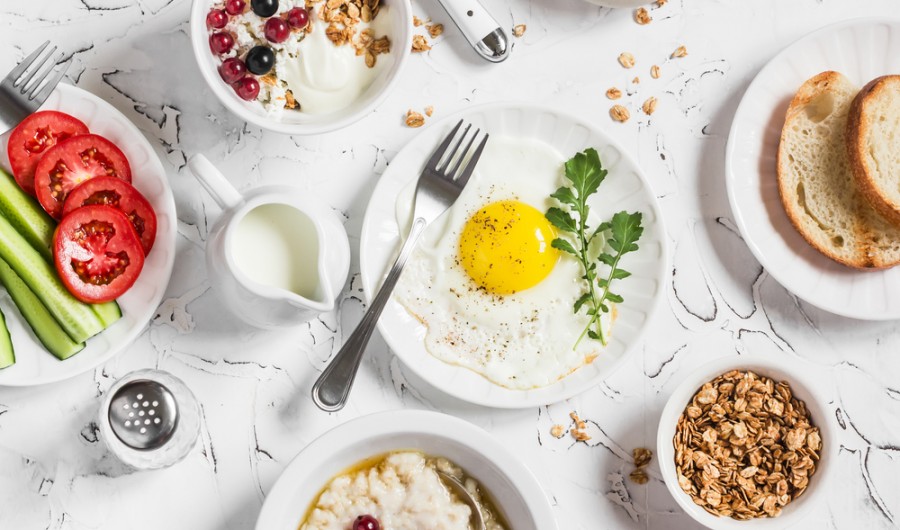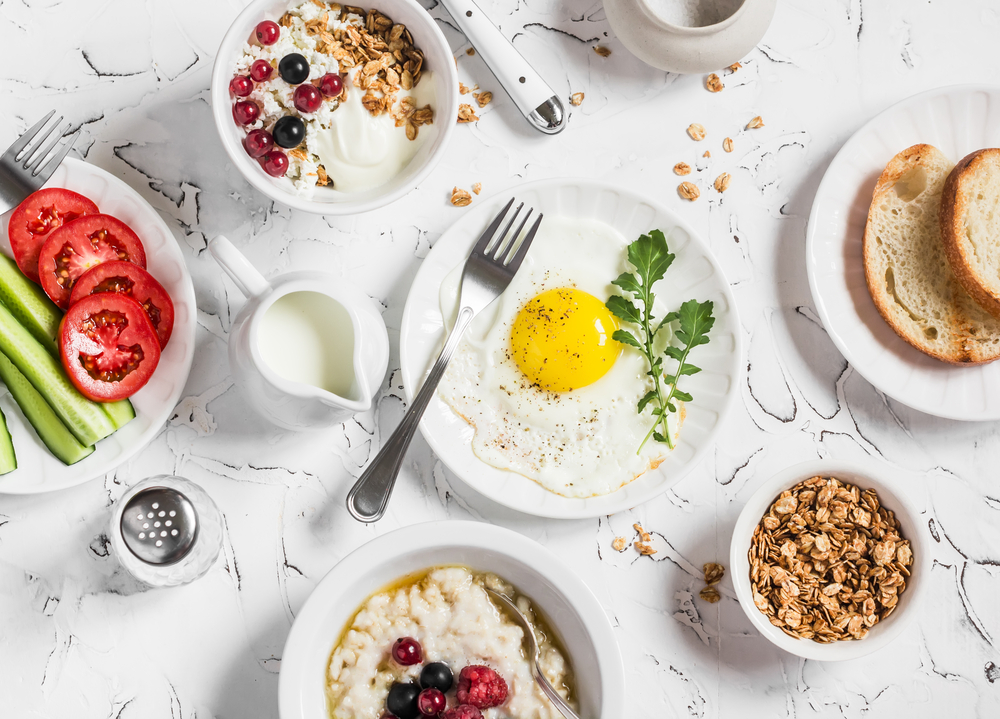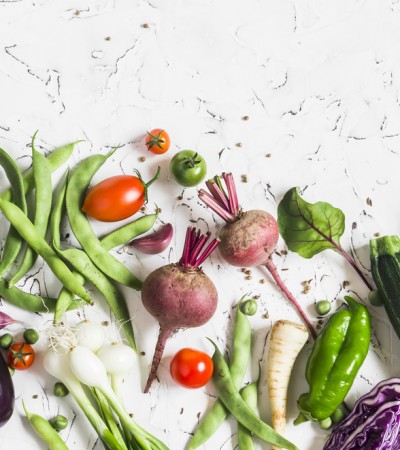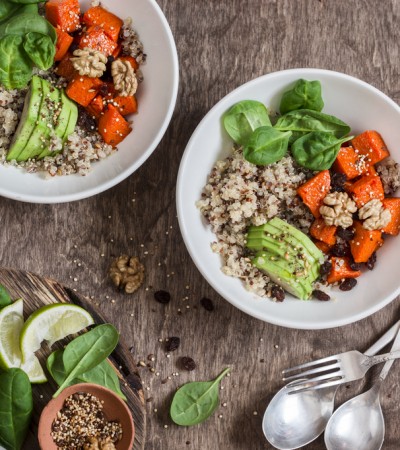What are wholefoods?
So what exactly are wholefoods? Not to be mistaken with eating foods completely whole (yup, that’s now a trend) we’re actually referring to foods in their most natural and purest form. Unlike processed foods, which make up many people’s diets these days, wholefoods are free of any additives or preservatives – just like nature intended. This means consuming plenty of fruits, vegetables, grains, legumes, nuts and seeds – the freshest and most organic form the better.
Studies
Research has shown that eating a wholefood diet provides the body with everything it needs, meaning there’s no need to take any additional supplements. Wholefoods are how the human body was intended to eat food – our bodies are designed to process them to get the most from them. Studies have shown that processed foods packed full of added sugars, salt and oil are extremely harmful to the human body and cause free radicals, which in turn cause inflammation in the body and can lead to signs of ageing and even disease.
The Benefits
The benefits of consuming a wholefood diet stretch far further than you might think. Take a look at this impressive list of benefits to see why you should be incorporating more wholefoods into your life.
- Wholefoods are a lot easier for the body to digest, meaning you’re less likely to feel sluggish and bloated.
- They’re absolutely packed full of fibre, vitamins and minerals, which your body will love you for.
- All this goodness results in a stronger and well supported immune system, perfect for fighting off nasty infections and winter colds.
- Helps to boost and sustain energy levels by having more pulses and wholegrains as part of your diet and less sugar crashes, leaving you feeling alert.
- They’re super rich in antioxidants, which help you fight the harmful effects of free radicals.
- Being far more filling than processed foods, you’ll find that you won’t want to snack as much, but if you do you can always reach for a wholesome Nākd bar or a handful of nuts.
What the experts say
“Whole foods make up the most part of my diet not only because they are delicious and make me feel amazing, but because they provide all the nutrients the body needs in exactly the correct amounts, as nature intended. For example, essential fat soluble vitamins D, A, K and E can only be absorbed by the body when consumed alongside healthy fats in the correct proportions. The problem with many low or non-fat products, popular options for many health-conscious individuals today, is that they lack the ability to facilitate the absorption of these essential vitamins due to insufficient levels of fat required for proper assimilation. Therefore to feel my best and ensure I’m supplying my body with the vitamins and nutrients it needs to function efficiently, I steer clear of fat-free or lab-altered food, in favour of foods that remain in their original nutrient-rich state.”
Victoria Roberts, Head of Culinary at HelloFresh, Certified Nutritional Chef, Certified Raw Food Chef and Certified Integrated Nutritionist
“For the past 15 years, eating wholefoods has been my way of life because it truly promotes balance on all levels. Physically it keeps me healthy and fit but also it supports my emotional wellbeing. More than anything it helps me stay in tune with myself, my intuition and the environment around me”
Nicky Clinch, Certified Macrobiotic Nutritionist, Life Counsellor & Chef
Why do it?
We’re not saying that you have to completely avoid all processed foods as even some wholefoods have undergone a bit of a process such as oats. It’s just wise to think about what these foods are doing to your body and make little changes that will eventually result in big rewards. It’s easy to make simple switches to wholefood alternatives such a Nākd Cocoa Orange bar instead of chocolate or adding in pulses as a change to your lunch. Once you get started, you’ll start noticing the amazing benefits and want to include more of these foods in your diet. You will also find that your body and brain starts to work more effectively and you’ll even notice your taste buds changing and getting stronger. It’s a great way to get more creative in the kitchen and start experimenting with different foods and flavours – you’ll be surprised at the vast variety on offer!














